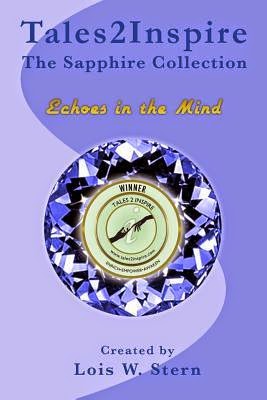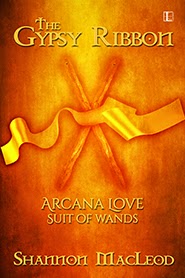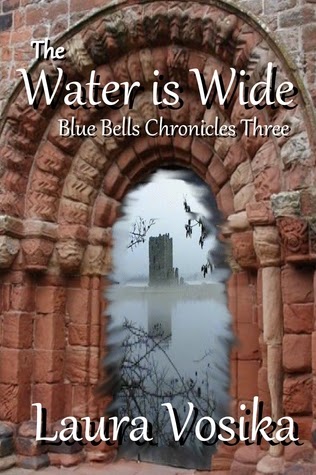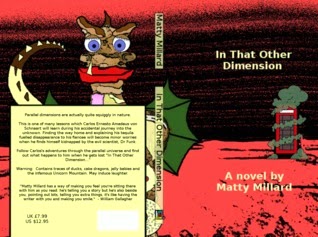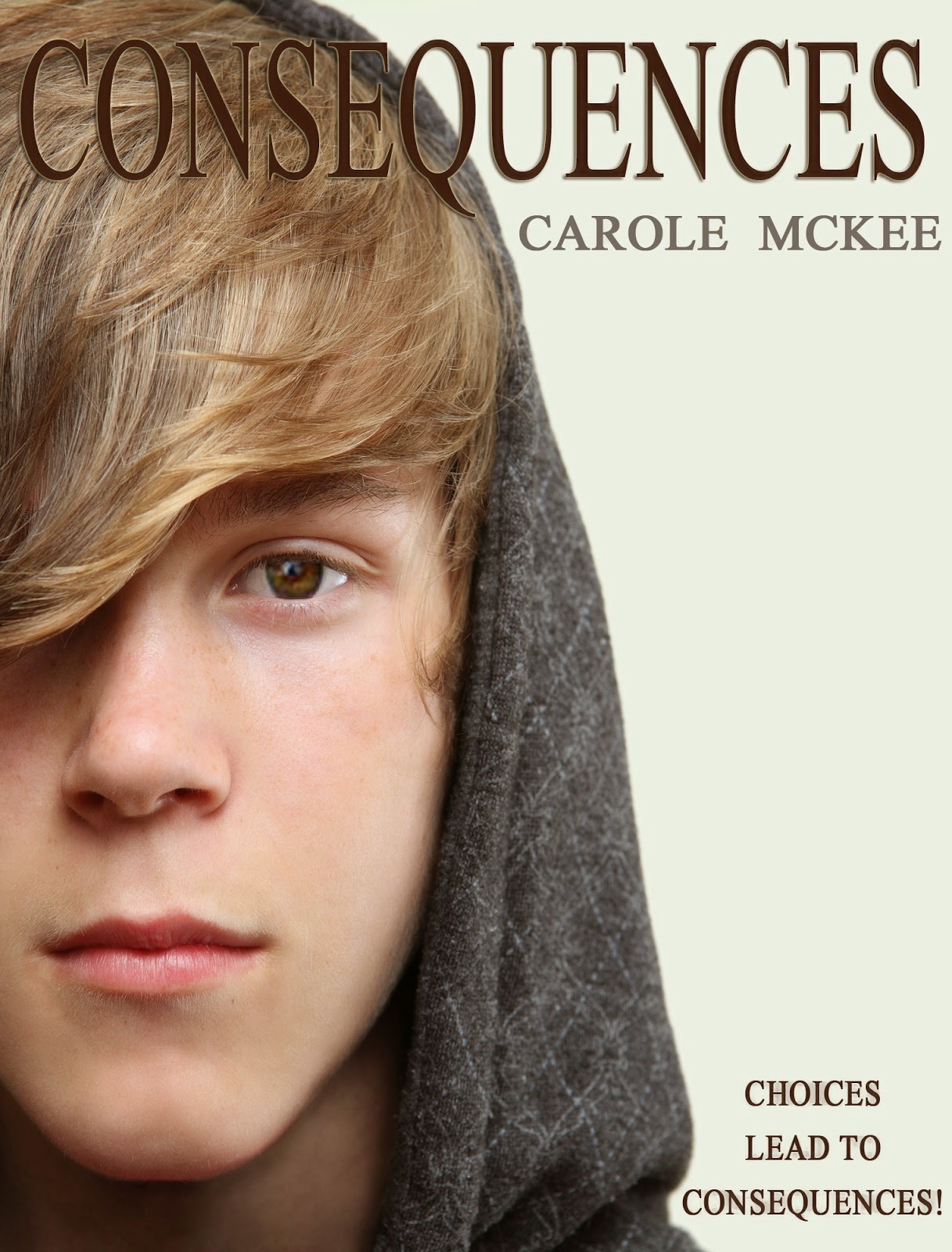If you are an avid follower of this blog, then you
know there is a plethora of information, advice to offer. Guest authors have offered tips on writing
from the time the blog first began to grow into what it has become today. Most aspiring writers know that to look for
writing tips on a specific topic (point of view, research, any story elements),
it is as simple as doing an internet search.
The world is at our fingertips.
Unfortunately, for some writers, all of that
information can look overwhelming. What
advice did I give in my last article, “What Should I Do Next (in Writing or
Publishing”? I said something along the lines of “Just write!” Just do it and worry about the finer points
later (grammar or anything else that needs improvement). Just write.
It’s just not that easy for some writers. I have a friend, an aspiring writer, with
these great ideas in his head. He keeps
saying, “I really need to write my story.”
I agree. I encourage him as much
as I can. I try to be supportive and
offer advice that might propel him to move forward. It isn’t fear, though, that blocks him. It is what I call the “What if?” syndrome.
What
if?
Most of the time, we think of those two words as the
epitome of being a worrywart. What if my
story is stupid? What if everyone hates
it? What if I crash and burn? No, my friend doesn’t lack confidence. If that were that case, I would say, “Write
for yourself. Write for the love of
writing because you’re getting way ahead of yourself. Readers come later. You have to love what you write first.
You have to create a story and characters that make you so excited, you
have trouble tearing yourself away.” That’s not bad advice, right?
But, it’s not that issue for this writer. He has “What if?” syndrome. Sounds a bit ominous, I know. Let me explain. He knows the characters, the plot and
story. They are all in his head. So, what’s stopping this writer if he seems
to have it all together? The problem is
that he can see different avenues, so many directions the story could take and
he can’t decide on one to save his life.
Say you have the basic premise of a man walking down
the street. Or at least the
sidewalk. He’s carrying a briefcase, and
his gait is a little stiff from an old injury.
He is a polished gentleman in his attire, but let’s add in a habit of
readjusting his tie when he’s nervous.
He also tends to sweat a lot. He
is sweating more today as he ambles along.
He has a lot on his mind. Why? He just
had a disturbing phone call. We’re
creating quite a picture, right? Any
fiction writer could expand on this premise and keep going. But, to make things more exciting, we’ll add
in some possibilities:
What if he entered a nearby apartment building? Who would he visit?
What if he used the elevator and it got stuck?
What if he was still walking down that street and a
bike messenger clipped him? What would
he do?
What if a car drove by and splashed through puddles
made by that morning’s rain and he got drenched?
What if the moment he steps into the street to cross
the road, he gets hit? Then he wakes up
two days later, not knowing who he is or anything about that disturbing phone
call.
The list can go on and on. So many possibilities, right? This is the writer’s dilemma, my friend’s
problem. The premise I just mentioned
has nothing to do with his story at all.
It’s just an example.
One day, the writer in question told me all the
different routes his story could take and I was unimpressed. Why?
It wasn’t that any of the ideas were bad. They were great. It wasn’t that they weren’t feasible. Sure, each one covered a different genre, but
you can go in any direction with fiction.
It wasn’t even that I was frustrated by my friend’s inability to pick a
scenario and run with it.
You see, I remembered the way he spoke about the
story originally. I recalled the “spark”
in it, the excitement in the way he described it.
And even though it was kind of the same with
the other ideas, it wasn’t the same at all.
He already had this golden nugget, this genius seed of an idea
forming, and he didn’t even know it. He
knew, for the most part, what would happen in the story; he didn’t have some of
the finer details, but I digress. What bothered
me about these proposed changes was just a simple matter, but something we
authors have to rely on at every turn.
Trust.
“Huh? Marie,
have you lost it again?”
LOL. No, but
I will explain. To write a good story,
you not only have to trust your own instincts, you have to trust your
characters and your vision for the story.
Deep down, you know what’s right, what direction to go. Sometimes it’s the story telling you. Sometimes the characters are running the
show. It should naturally progress. It doesn’t matter what project you’re working
on; you will encounter this dilemma at some point.
Am I ever plagued by “What if?” scenarios during a
story’s composition? Sure. I’ll run into roadblocks where I think, “So
what happens next?”
A bunch of ideas go
through my head, most of them at odds with each other. I step away and give myself a pep talk. When I come back to it later, I have a better
perspective. Sometimes one of those
scenarios is really good and it works; most of the time they don’t work.
See, we like to think we’re in control as
writers. We’re not. Sometimes I am just the conduit. No, I’m not crazy. The story, the characters take control. You can exercise some control over certain
details, but the story usually tells itself.
That’s what I have to tell myself in the “What if?” situations.
“How do you know all of this, Marie?”
Because I’ve been there many times. For example, when I was writing the
manuscript for Upon Your Honor, I had
half-convinced myself to make drastic changes (I won’t go into details) because
I thought it would satisfy readers who were used to the genre. In the end, the characters decided for me and
none of it would have seemed right if I hadn’t listened to them and to what the
story was telling me.
Always trust your original vision for a story. Try to be true to it as much as you can. Your characters will tell you what comes
next. The story will feel like it’s
writing itself when you’re really into it.
During revisions and editing, then you can look at the whole picture and
see if those other “scenarios” would even fit at that point.
The “What if?” questions are a way to second
guess your instincts.
Trust yourself as a writer. Trust your instincts. They will never lead you astray. Never.
As for the “What if” syndrome?
File those scenarios away for future use. They might come in handy for another story. Or, just be amused and move on. Your story will tell you what to do next.

























































